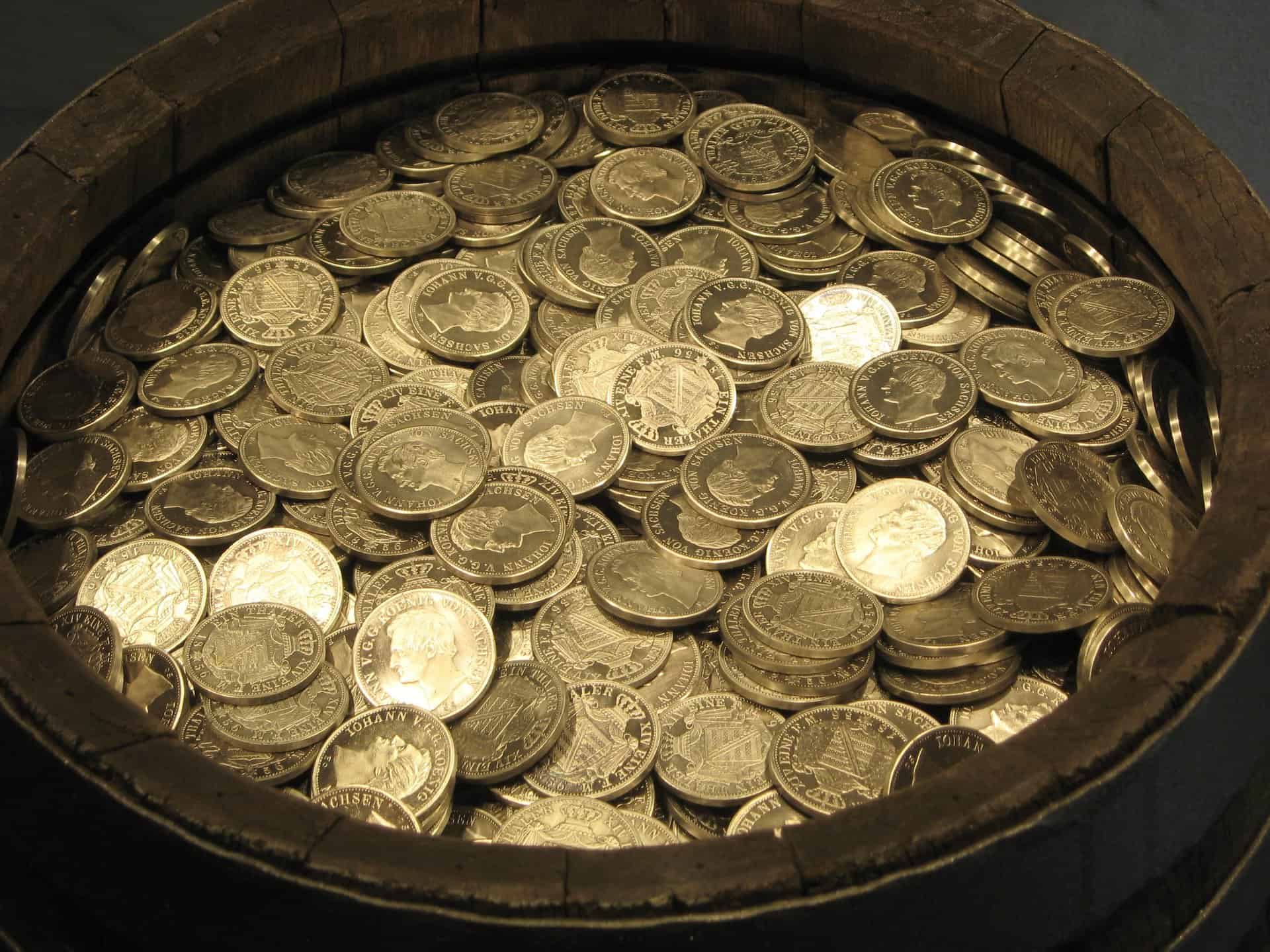In the UK, we love to keep things interesting. By the end of 2020 we will see the biggest period of currency transition in decades – from paper to plastic notes and from round to twelve sided £1 coins.
New Money
The new pound coin was deemed legal tender on the 28th March 2017. Now that the circulation of the new coins is greater than the old coins, the Royal Mint (the manufacturer of cash in the United Kingdom) has announced that the old coins will no longer be legal tender, as such, can be refused by shops, vending machines and parking garages after next week, 15th October 2017. The paper £10, £20, and £50 will follow the £5 note out of circulation by the end of 2018. While the paper notes will still retain their legal tender status, the pound coins will not.
One of the central reasons for the introduction of the revolutionary £1 coin was for anti-fraud purposes. Security in finance continues to become a larger issue, as protecting the currency from forgers is the main priority for the Royal Mint, especially with the advances in technology and spread of information. Some of the revealed features include micro lettering on the outer rim of the coin and sophisticated engraving where images can be seen from different angles. Even the new twelve-sided design will make it difficult to pass on counterfeit coins as the look and feel is now far more unique. It is even the general census among financial correspondents comment that it is the most secure piece of currency.
What To Do With Your Old Coins?
So even though it has been publicised that 15th October is the cut-off date, we all know that we will be finding £1 coins in sofas, coat pockets and wherever else. The questions of what to do with all that nickel-bass treasure, and before you melt them down for a cool bracelet, consider the following options for the cash. These include trading them at your local bank or post office, where you can get them stored in your savings accounts (remember to contact your branch before you make the trip), or start a coin collection, or consider donating your currency to charitable causes such as the BBC Children in Need campaign, ‘Pudsey’s Round Pound Countdown’.
Whatever you end up doing, just make sure you check if they are rare designs that could hold some value to help out with the Christmas shopping. The rarest coin designs in terms of scarcity are Scotland: Edinburgh City, and Thistle & bluebell, Wales: Cardiff City and the UK: Crowned Shield.



